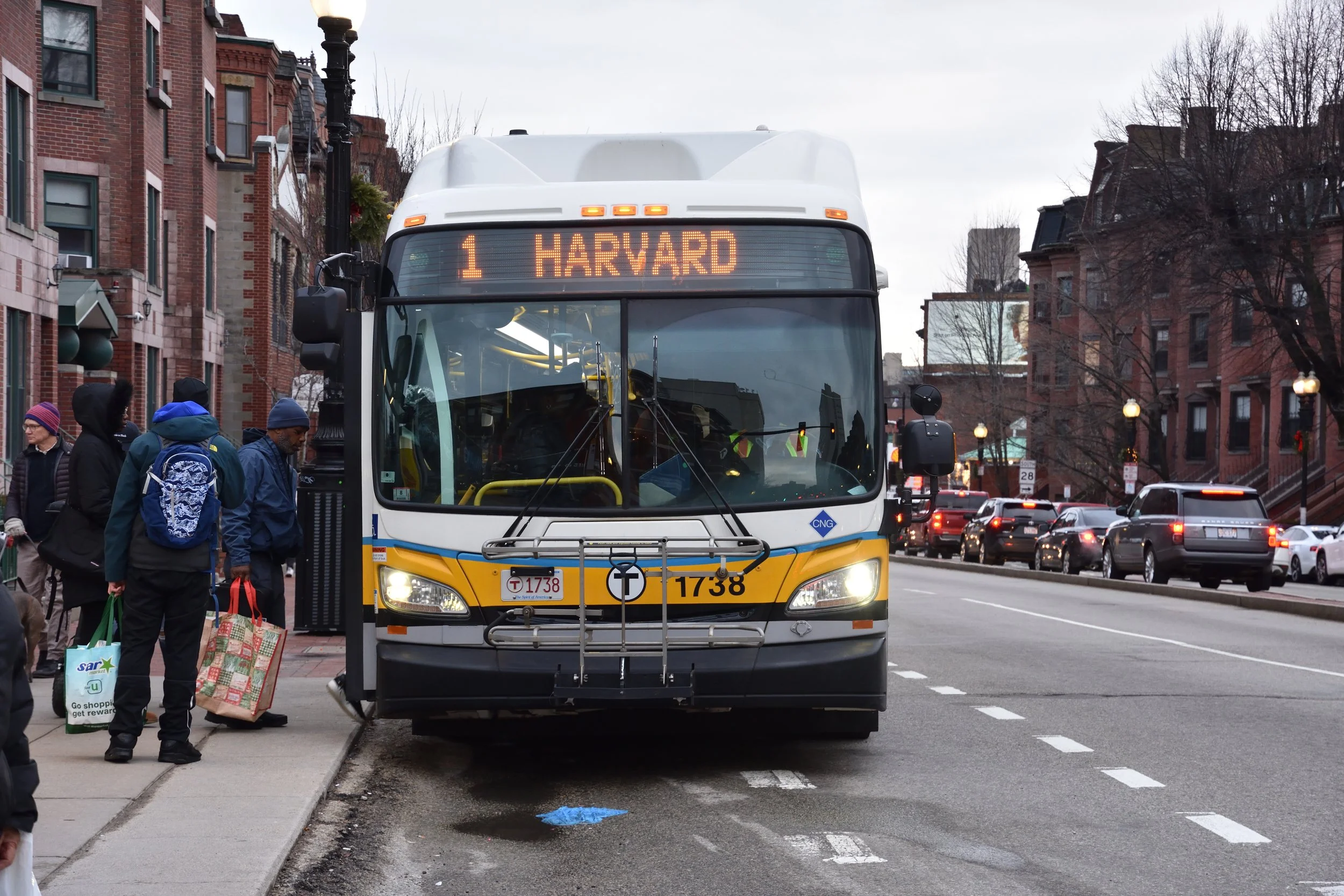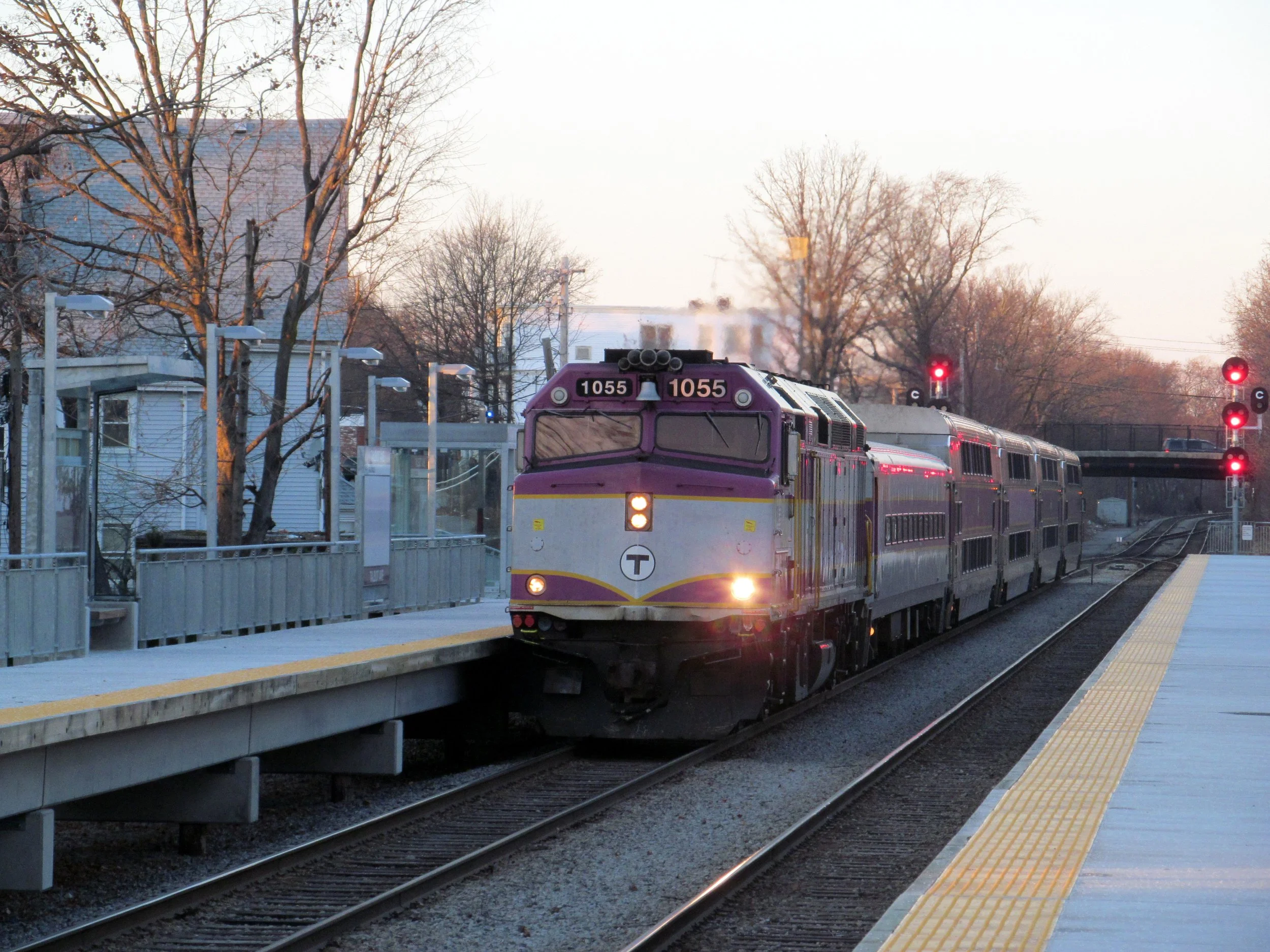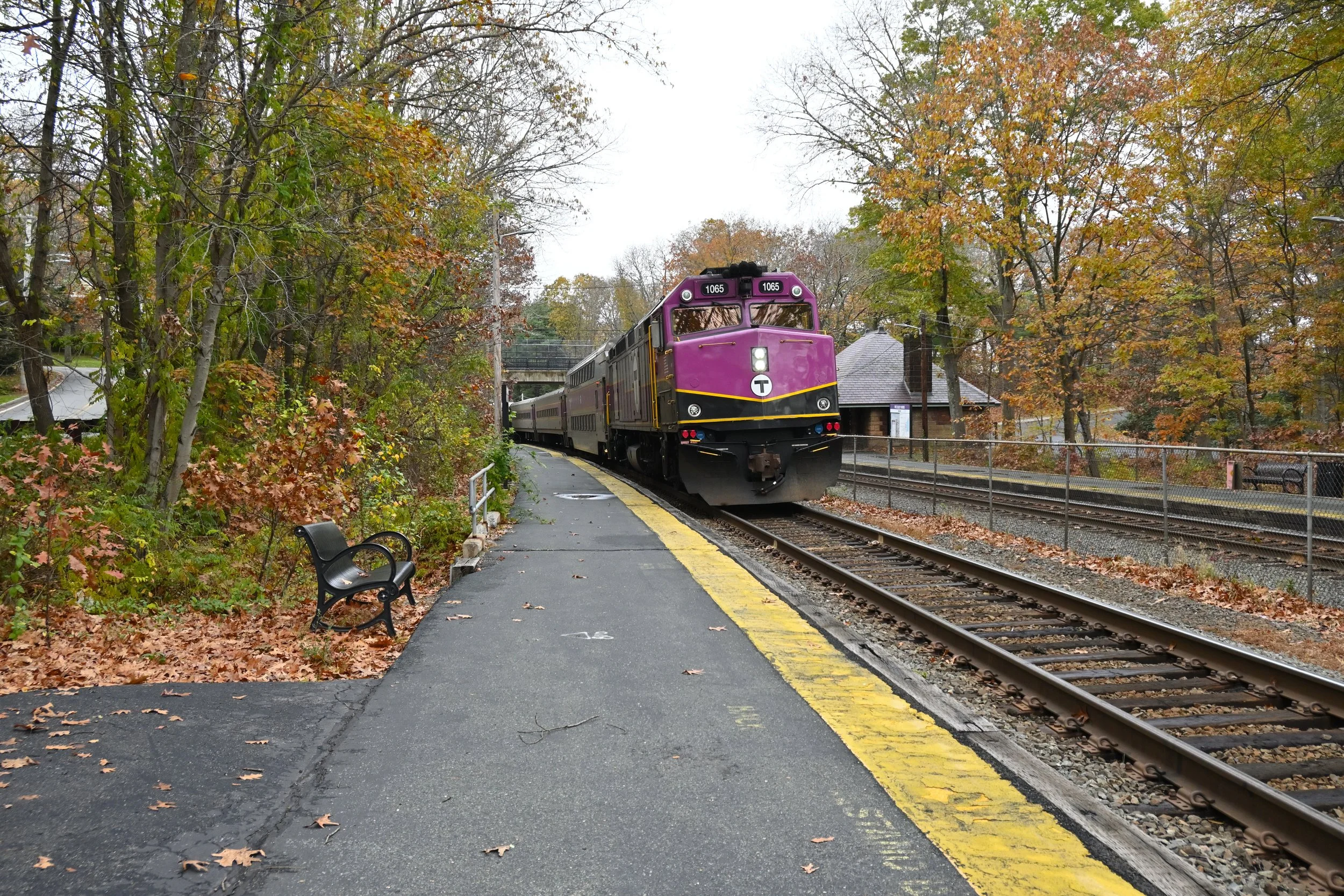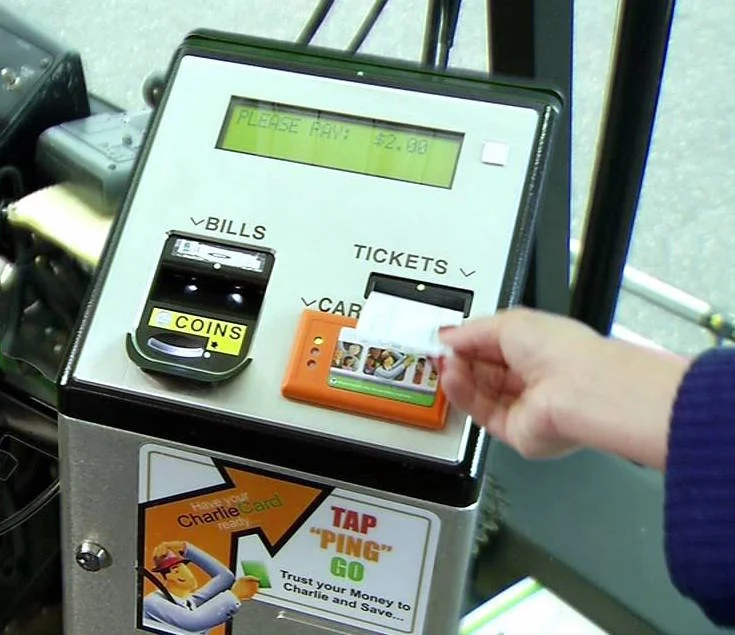The MBTA Control Board voted Monday to raise fares by 10 percent or more despite disruptive protests by community advocates.
Podcast 13 - moving a vision for Boston's future transportation network
How will we get around in 15 years? What could our transit system and other public spaces look like if we develop goals and focus on achieving them? Do we even have that much time before the sea level rises and floods the whole city?
We debate these and many other questions on the future of transportation in Boston, as the city moves forward on developing a "visionary" and "transformative" action plan, GoBoston2030.
There's much we don't know yet, like how we'll communicate -- remember that 15 years ago smartphones didn't exist -- but one thing we know for sure is we'll have to move beyond fighting over every little project (and every single parking space!) and turn plans in processes so that change actually happens. And advocates like you and us need to make sure that happens!
When Does "Operational Efficiency" Mean a Better MBTA?
Recently, a certain lobbying group has been arguing that the MBTA shouldn't be judged by how many people use it to get around, but rather by how many dollars it costs to run a vehicle for an hour or a mile. This cost per mile argument follows on the heels of their recently debunked assertion the that T is overfunded as compared to other transit agencies when looking at cost per trip. Those cost per trip comparisons didn't really make sensebecause they tried to compare the T to transit systems which provide vastly different services, which require different levels of investment to serve different populations (i.e., some agencies run only local bus or rail service, while the T does all of those, plus regional commuter rail, express buses, ferries, etc.).
So let’s address the cost per mile metric...








